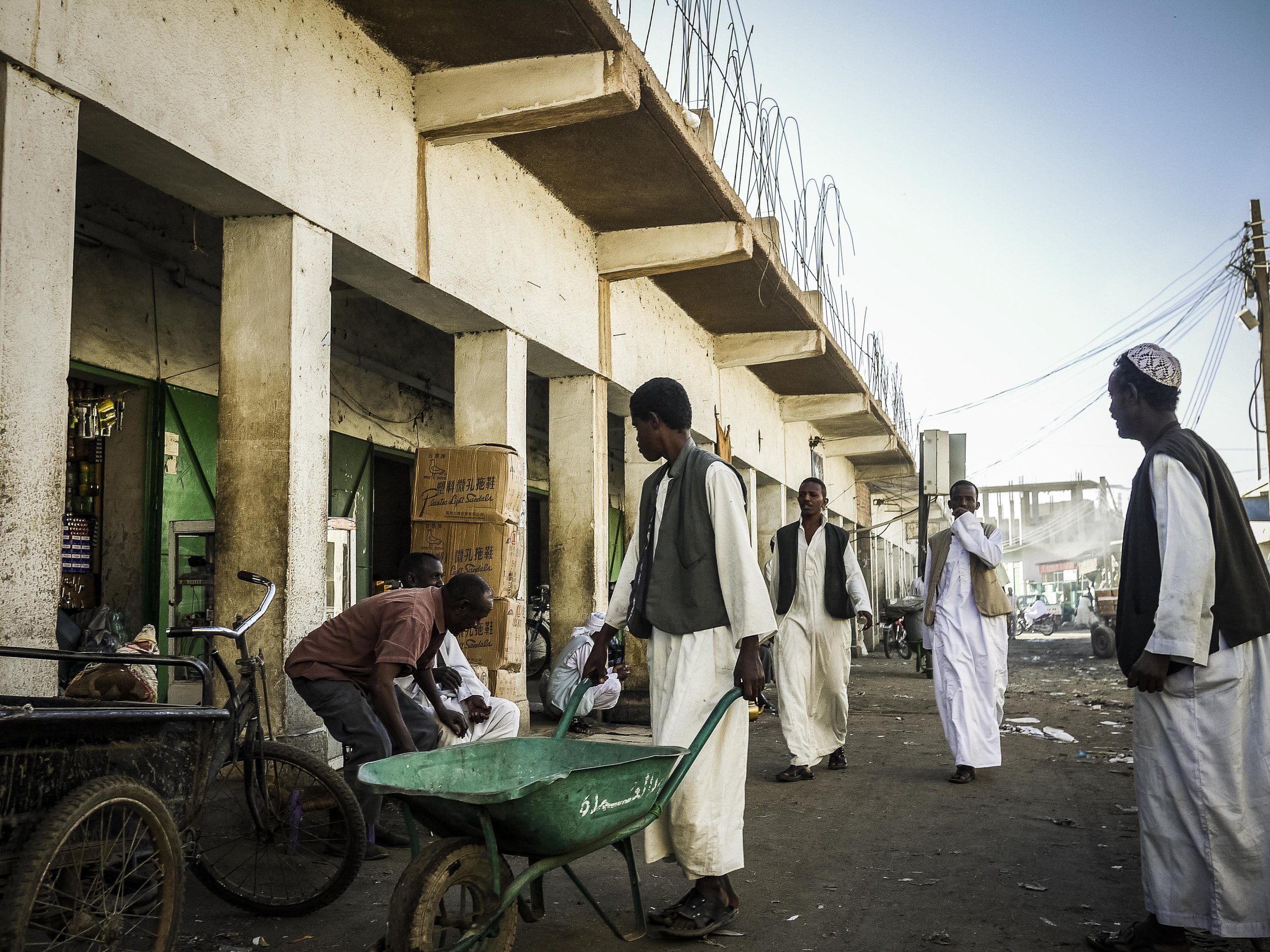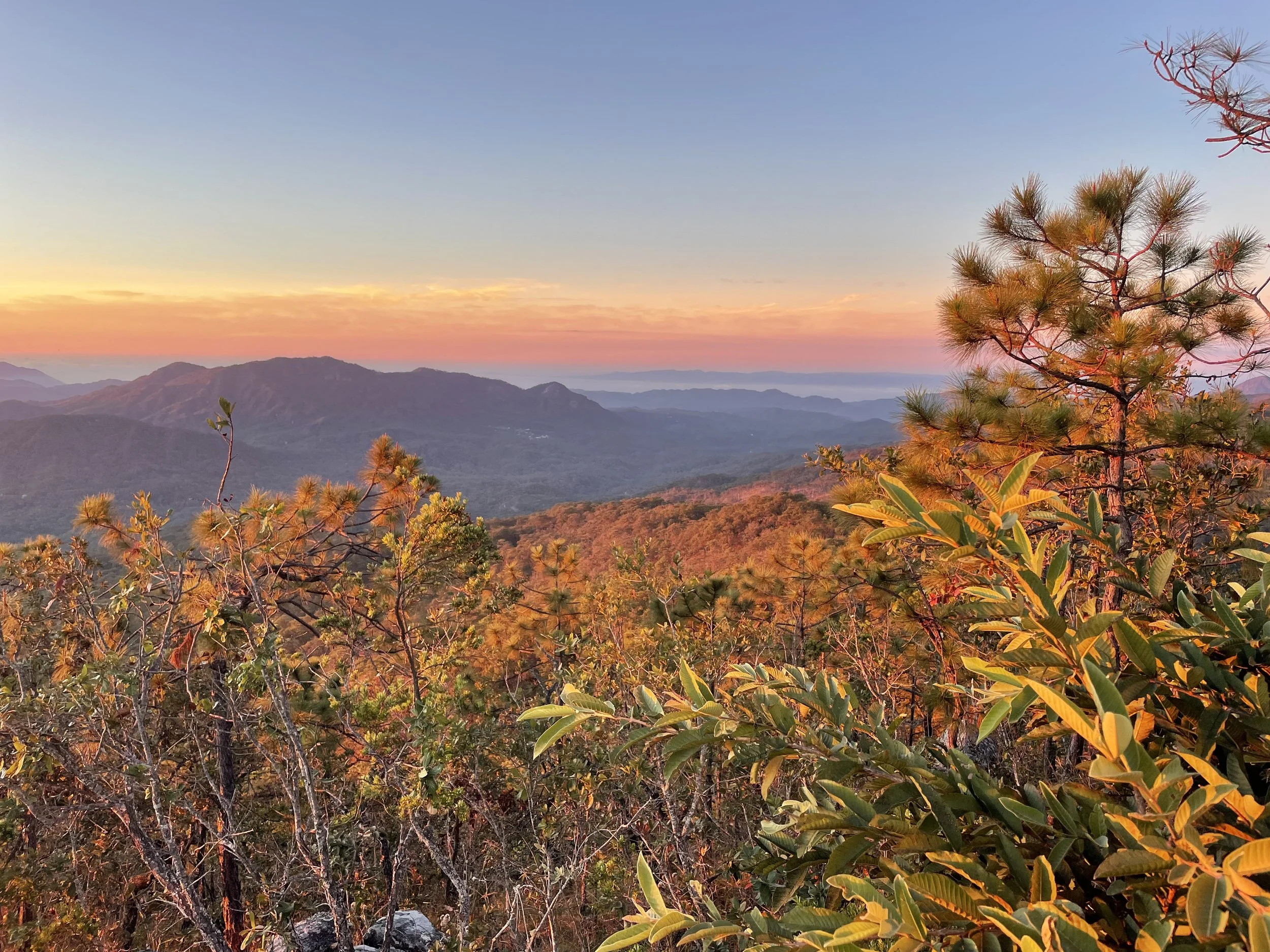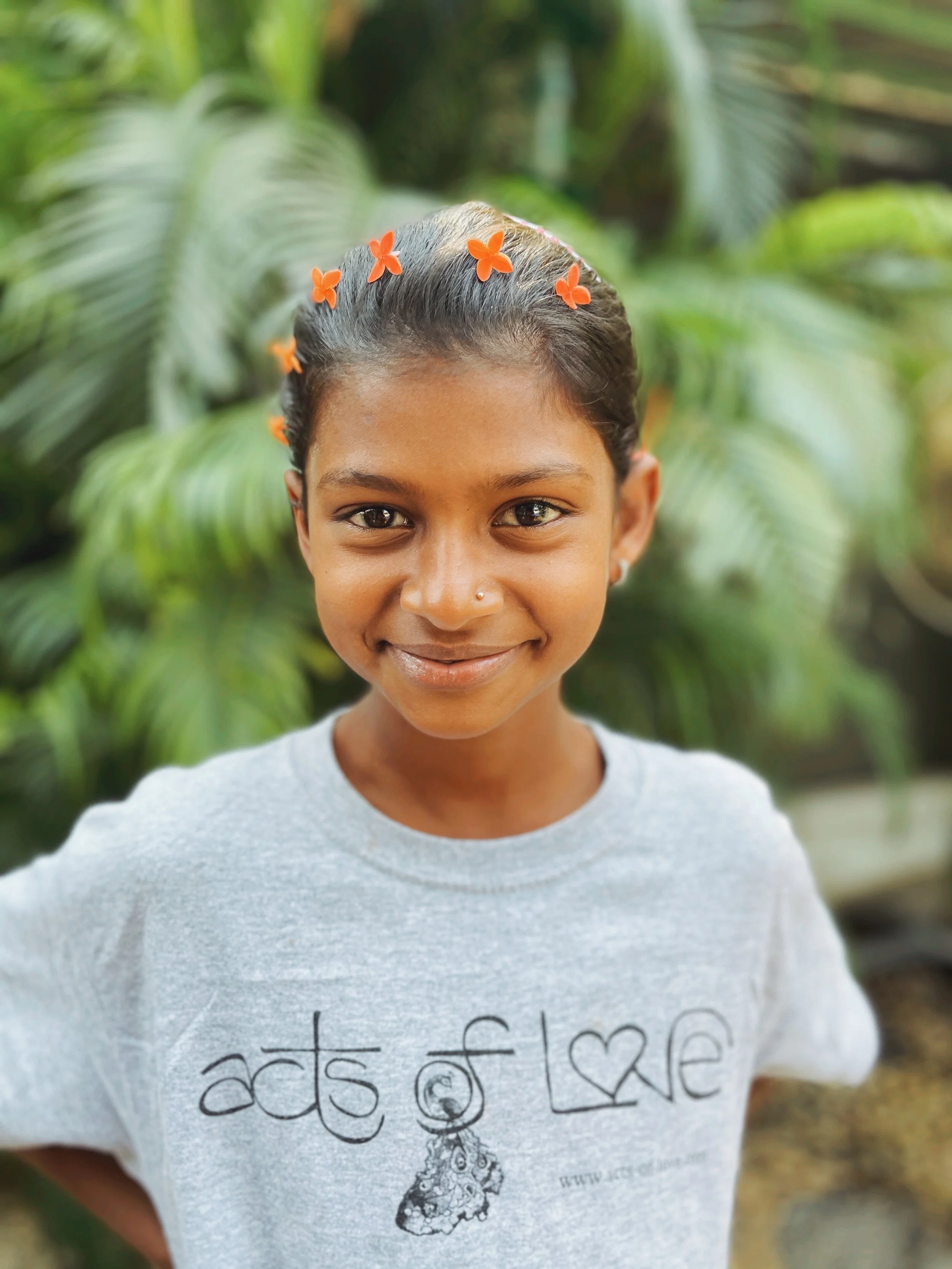Last Night in Kassala
Featured in Passion Passport Magazine
Kassala was my final stop in Sudan on my overland journey
to Ethiopia. This beautiful country full of charming people had
one final lesson to teach before I continued onwards.
Inside the tomb of Seyyid Hassan, I press my nose to an opening in the wooden enclosure and inhale the sweet fragrance of incense.
Pilgrims smile as I open my palms upward and raise my eyes toward the opening in the conical roof, mimicking their acts of devotion. I know very little of the man buried here, except that he is a local Sufi saint, but his resting place is the most peaceful I have visited in Sudan.
I am in Khatmiyya, the oldest part of Kassala, standing among the almost-alien peaks of Jebel Totil. As I stroll to the nearby mosque, I see half-dozing men wrapped in white linens and scattered in the shade. Children come to fill their water jugs at a nearby well. An eagle flies overhead. I continue through the sandy backroads of the neighbourhood — that is until a curious Nubian family runs toward their gate to invite me in for coffee. When I nod in acceptance, they produce a plastic chair for me. One daughter begins mixing henna while her mother weaves something made of local grasses. The girls insist that I have henna applied to my fingertips — “Beautiful,” they assure me. I will be departing for Ethiopia tomorrow, and I can’t resist a symbol of my journey through Sudan — I accept. As dusk approaches, I hurry to catch the last bus back to the centre of town.
In Kassala’s souqs (markets), the sound of horse hooves on asphalt is as familiar as the roar of an engine. Eclectic tribes mingle in the bustling streets, and young boys weave through them on their way to solicit shoppers to buy plastic bags. A sense of dynamism collides with one of tradition. The scent of freshly baked bread mingles with that of spices, trucks, and buses fill to the brim with travelling locals, and locals populate shady corners to indulge in the national pastime of coffee-drinking.
The smell of fresh-ground coffee beans spiced with zinjabil (ginger) and girfa (cinnamon) wafts through the dry desert air, and I certainly can’t resist one last cup. My favourite roadside stall is sandwiched between two dimly lit shops that sell everything you need to grind, spice, and display a fresh pot. A couple of locals give up their wooden stools as I approach, and two men seated on empty grain sacks greet me. In this town, coffee is called jebbana. It is served in metal pots made from recycled pif-paf cans, though it seems that just about every vessel used to prepare coffee here has been repurposed. In this part of the world, utility overpowers aesthetic.
As I pour the steaming liquid into a tiny porcelain cup, my attention is caught by the spoon I am holding. It has an unusual feeling on my fingertips: worn, yet smooth and exceptionally lightweight. I raise it toward the dim streetlight and see that it is an ancient spoon. Its contours are crude and misshapen, perhaps fashioned from a mould of some kind. The metal has been stained brown from stirring countless cups of coffee. Immediately, I know I must own this spoon. I try to explain to the roadside barista that I want to purchase the utensil from him. I point to it and mimic exchanging it for money; our inability to communicate causes a passerby to intervene, though he can’t understand my bizarre request either. He suggests that I return the following morning, when the shops reopen, to purchase a new spoon.
“No, but I want this one,” I insist with a smile. “You see, it’s so old, and I don’t have one like this in my country.”
The passerby translates my request once more. Again, the bewildered stall owner points across the road to a place where I can buy a spoon the next day.
“Yes, yes. This is made in Kassala. Tomorrow morning you can buy a spoon in the souq,” the translator continues.
“Thank you. But, I want this spoon, if the man will sell it to me. So I can always remember drinking coffee here.” The man translates my wish once more; this time, the coffee-maker gestures with both of his hands for me to simply take the spoon.
“Can I pay him anything for it? “I ask.
The men erupt in a riot of laughter as they shake their heads. When I try to pay the 2SDG (30 cents) for my coffee, he points to the patrons sitting on the floor mat. They had paid my bill. As I look over, one of the men says: “You are my sister. Welcome to Sudan.” With my heart beaming and my time-worn spoon in hand, I walk to a dinner place.
I sit under the harsh glow of fluorescent lights; a plate of fuul is unceremoniously placed in front of me. I had previously decided I was not a big fan of this local dish — which consists of beans soaked in sesame oil and flavoured with salty cheese — perhaps, on account of having already consumed it one too many times on this trip. Before I can even dig in, I’m taken by the sound of a man choking at a nearby table. A small group of his friends quietly huddle around his head, which is now in his dinner plate. He gasps for air with short, desperate wheezes as one of his friends runs for a taxi, while the other prays over him. Everything happens so quickly and with so little commotion. His body gently convulses as he struggles for air, but his gasps suddenly come to an end — his body succumbing to whatever force that had come to take him. When the taxi arrives, the men awkwardly lift his lifeless body up, knocking over the table and scattering the uneaten fuul on the ground. The rest of us, shaken by what has just occurred, look at each other, silently acknowledging our own mortality.
With a lump in my throat, I hold my treasured spoon between my fingertips. I suddenly feel silly for giving something worthless so much value. I rip off a piece of my pita and dip it into the bowl until I feel the food’s mushy warmth. I bring the mouthful to my lips. The dish has never tasted better, and I am grateful for every bite of it, for this was my last night in Kassala, too.
I just had the benefit of knowing it.


















































